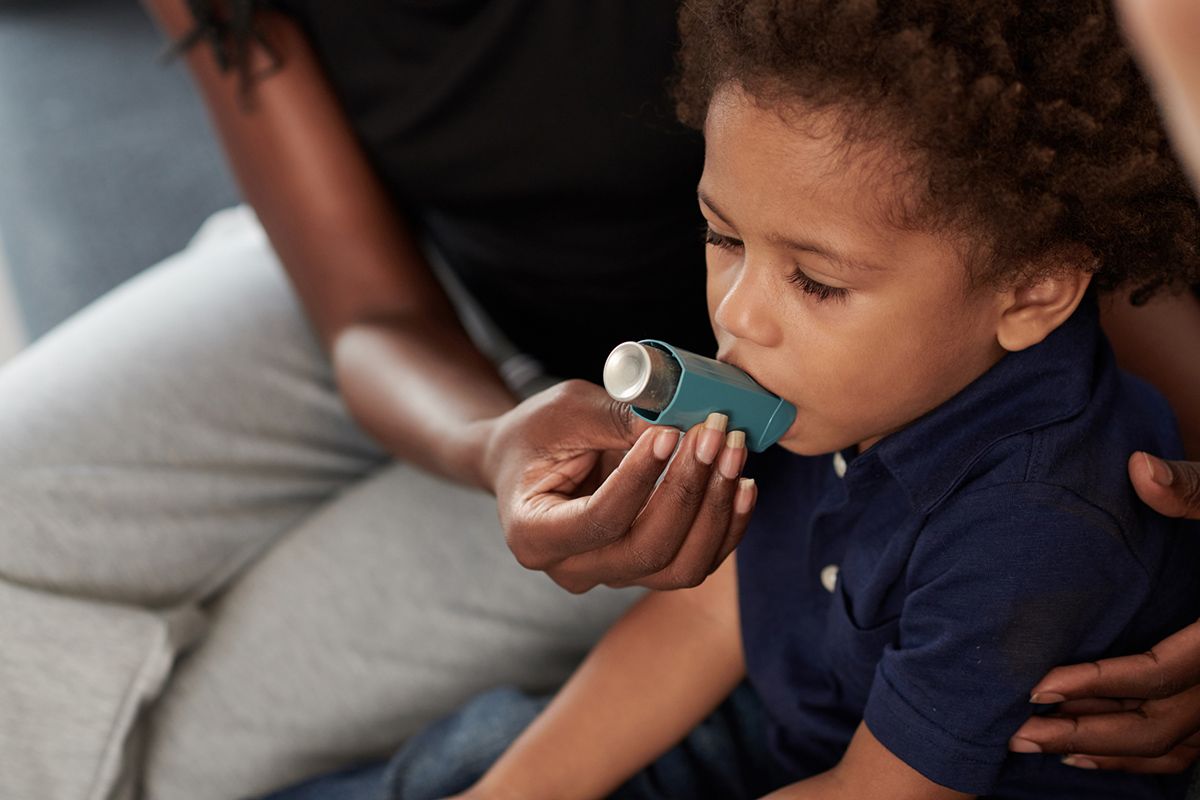Diane Gold
Professor in the Department of Environmental Health
Environmental Health, Harvard T.H. Chan School of Public Health
Departments
Department of Environmental Health
Other Positions
Professor of Medicine
Medicine-Brigham and Women's Hospital, Harvard Medical School
Biography
As a pulmonologist and epidemiologist, in my collaborative work over the past forty years I have studied how respirable environmental exposures (smoking, outdoor and indoor air pollution, allergens) affect the health of children and adults. In children, I have focused on asthma and allergy outcomes, and with collaborative teams have also studied child growth, blood pressure, cognition, as well as intermediate outcomes like peripheral blood and nasal epigenetic responses to air pollution, pollution particle components and chemical toxicants. In adults, in follow-up to our studies of respiratory responses to air pollutants, we have evaluated cardiovascular physiologic and systemic inflammatory responses to these exposures. My team also supports collaborators and mentees studying temperature, humidity, extreme weather events and health. Our work involves interdependence with environmental engineers and geospatial scientists who measure and estimate temporally- and geospatially- resolved exposures.
We also ask what makes people vulnerable or susceptible to the health effects of exposures---how time window, dose, route of exposure, co-exposures or genetics might influence the relation of exposure with health. In children with risk factors for allergy, we have shown how early-life exposures to dogs in the home and home dust microbial components like endotoxin may reduce allergy risk. We have shown that people with diabetes or obesity may be more susceptible to outdoor air pollution inflammatory responses. We have documented how children growing up in socially or economically marginalized urban communities in the United States can have greater exposure to multiple adverse co-factors, as well as to air pollution, and consequently suffer more from asthma and other adverse health outcomes.
Our observations have informed environmental clinical trials, policies and regulations aimed at improving child and adult health by improving the environment at the home and community level. My early work informed the Surgeon General’s reports on teen smoking; later work informed National Academy of Sciences, Engineering and Medicine reports on indoor air quality, and EPA integrated science assessments of air pollution health effects. With our Harvard T. H. Chan environmental engineering team, I supported Dr. Wanda Phipatanakul in her school-based trial evaluating effects of integrated pest management and indoor particle air pollution reduction on asthma control in children. Collaborative work with the NIH Environmental Child Health Outcomes (ECHO) birth cohort consortium has demonstrated that while food insecurity may worsen child health (Wang VA; Zanobetti A et al. BMJ Open, 2025), food policies improving food access can improve health for children in the U.S.
With my collaborators, I have authored approximately 500 publications focusing on environmental epidemiology. Working at the Channing Laboratory, Brigham and Women’s Hospital, I am Professor of Medicine at Harvard Medical School. I am Professor of Environmental Health at Harvard T. H. Chan School of Public Health. Through teaching, individual mentoring, support in grant writing and professional development, I am committed to mentorship and support of the next generations of environmental health scientists.
